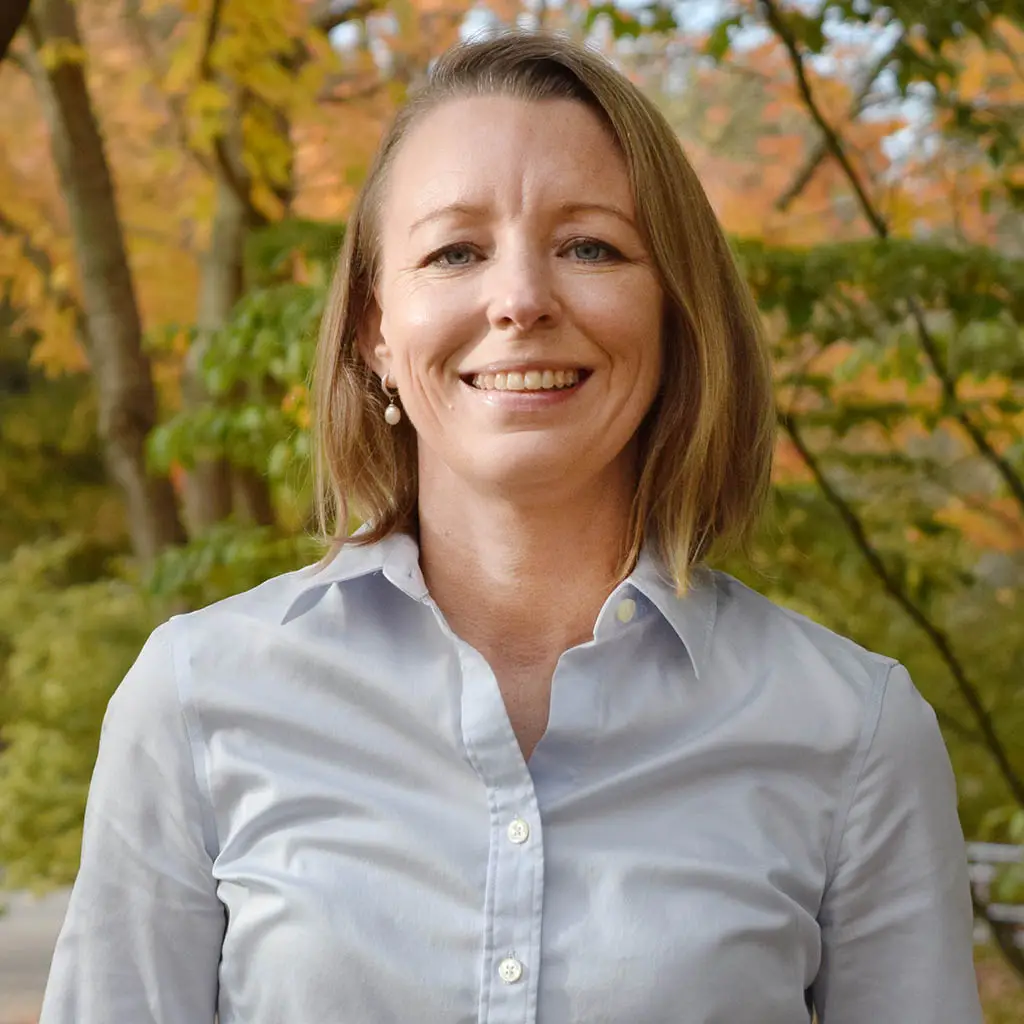
Institution
School
School of Medicine
Expertise
Department
Division of Pharmaceutical Outcomes and Policy
Professional Bio
Our vision is to unite North Carolina to make suicide prevention a common goal for all residents.

© 2025 UNC School of Medicine | Accessibility | Privacy Statement
If you or someone else needs help right now, do not wait. Use these resources below to get help.
Available 24/7/365. Free. Confidential.
Connect to judgment-free counselors who provide compassionate support.
Free and confidential. Available 24/7/365. Staffed by trained crisis counselors who can help you take care of yourself, a friend, or loved one.
Free and confidential. Available 24/7/365. Connect with a real, qualified person who can support veterans and family members. You don’t have to be enrolled in VA benefits or health care to call.
Free and confidential. Available 24/7/365. Trained counselors who understand the challenges LGBTQ+ young people face and provide judgement-free support.
Free and confidential. Available 24/7/365. Exclusively for current and former law enforcement personnel and their families. Staffed by trained and compassionate retired officers.
Free and confidential. Open Monday-Friday from 1:00pm-9:00pm. Staffed by trans/nonbinary peer operators. No nonconsensual active rescue.
Free and available 24/7/365 (English only). Staffed by certified peer support specialists who have personal experiences with mental health or substance use issues.
Free and confidential. Open Monday-Friday from 8:30am-5:00pm. Trained staff and volunteers can help individuals and family members who are impacted by mental health concerns.
Free and confidential. Available 24/7/365. Staffed by trained Community Resource Specialists who can make referrals to verified resources for basic needs such as housing and utility assistance, food, health care, transportation, and more.
Free and confidential. Available 24/7/365 in English and Spanish. It serves individuals and family members who face mental and/or substance use disorders and offers referrals to local treatment options, support groups, and community-based organizations.
Free and confidential. Available 24/7/365 in multiple languages. Staffed by trained counselors and open to anyone who experiences emotional distress related to disasters (survivors, loved ones, first responders, clergy, rescue and recovery workers, and more).